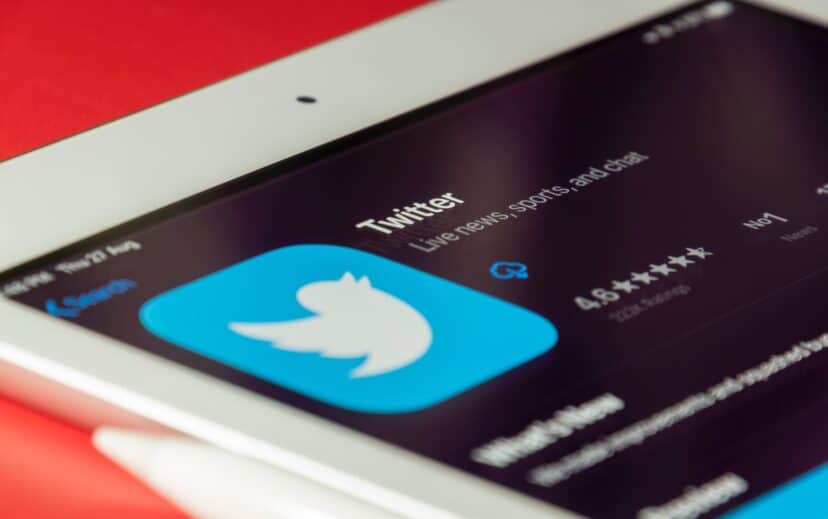Twitter is being sued for willful copyright infringement in a Tennessee federal district court by the National Music Publishers Association (NMPA) and over a dozen of its member music publishers, including the majors, Universal, Sony, and Warner. The lawsuit claims Twitter “knowingly hosts and streams unauthorized copies of music compositions.” Plaintiffs are seeking damages of at least $250 million. The lawsuit only involves musical compositions. No master recordings are the subject of the action as there are no record labels bringing this case.
Allegations and Claims
According to the complaint, Twitter has been permitting its users to share videos with plaintiffs’ unlicensed copyrighted music. The plaintiffs claim that Twitter leverages their music to increase user engagement and profits from tweets with music content and the advertising associated with them. The publishers also claim that Twitter is aware of its obligation and failure to secure the necessary licenses, and that their rampant infringement gives the platform an unfair advantage over competitors who have already entered into music licensing agreements with the music publishers. The lawsuit alleges that Twitter continues to infringe plaintiff’s copyrights despite the NMPA’s numerous takedown notices sent under the Digital Millennium Copyright Act (DMCA) and requests to enter into licensing agreements.
The Publishers Claim that the DMCA Safe Harbors Won’t Shield Twitter from Liability
The DMCA allows copyright holders to notify online service providers like Twitter to remove infringing content through written takedown notices relating to infringing user-generated content. Online service providers must comply with these notices by promptly taking down the allegedly infringing content. In addition to complying with takedown notices, the DMCA requires online service providers to have a policy for dealing with repeat infringers on their site, including account termination. Failure to abide by the DMCA’s requirements may lead to the service provider being unable to avail itself of the DMCA’s “safe harbor” protections against infringement liability. Without specifically mentioning the DMCA, the complaint alleges conduct by Twitter that would nullify a DMCA defense to their conduct.
Different Types of Copyright Infringement
While Twitter’s users who post videos with unlicensed music may be liable for direct infringement, the complaint alleges that Twitter is liable for indirect copyright infringement, which takes two forms: vicarious and contributory. Contributory infringement occurs when someone encourages or significantly contributes to the infringement committed by another party. In this case, the contributing party, Twitter, must have had reasonable knowledge or should have known about the infringement. Vicarious infringement holds employers legally responsible for the actions of their employees if the employer has the right to control the infringing activity (even if they don’t exercise that right) and financially benefit from it. The complaint alleges that Twitter encourages infringing content by promoting the tweets with unlicensed music and enabling its customers to upload infringing content to the platform. Twitter is accused of having an economic interest in this matter because audiovisual tweets perform better on the platform and drive ad impressions. To support their claim of infringement, they provide examples where copyrighted music was solely used for promotional purposes, resulting in a substantial number of views and likes.
Conclusion
Twitter’s ongoing resistance to obtaining music licensing rights has triggered a significant lawsuit that accuses the company of widespread copyright infringement. The complaint states that Twitter’s failure to act against repeat infringers has significantly worsened the problem, underscoring the allegations of Twitter’s willful behavior. If Twitter’s infringement is willful, the publishers have the right to claim statutory damages in an amount of up to $150,000 for each work that has been infringed. This case serves as a reminder of the vital role of copyright enforcement in the digital environment, highlighting the importance of upholding the rights of creators and content owners. If the allegations in the complaint are largely true, it is most likely that Twitter will eventually settle the case and take appropriate licenses from the music publishers going forward.
Contributions made by Raegan Brizek



